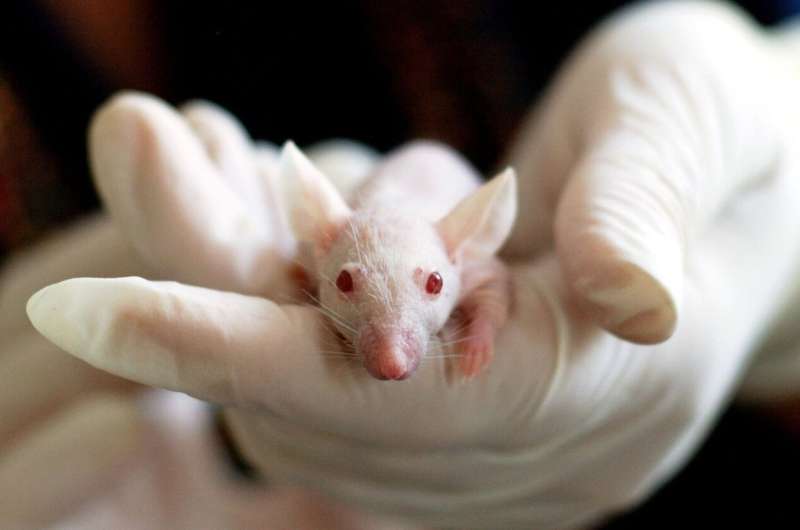Odor enrichment may prevent or treat postoperative cognitive impairment in mice

Perioperative neurocognitive disorder (PND) is one of the most common postoperative complications in older adults and is associated with adverse postoperative outcomes. However, the causes, underlying mechanisms and the interventions remain largely unknown.
A clinical and animal study led by investigators at Massachusetts General Hospital (MGH), Xuzhou Medical University, Shanghai Jiao Tong University, Fudan University and Shanghai 10th hospital has shown that postoperative olfactory impairment is associated with postoperative cognitive impairment in patients and in rodents.
Olfactory enrichment may prevent or treat the postoperative cognitive impairment in rodents. The findings are published in Annals of Surgery.
In this study, the team demonstrated that patients who developed PND had worse odor function before and after surgery.
In animal studies, the researchers found that anesthesia/surgery caused impairment in both olfactory and cognitive function, increased amounts of interleukin-6 in blood and nasal epithelium, decreased amounts of olfactory receptor neurons in the nasal epithelium, and reduced amounts of synapse markers in the brain tissues of mice.
Importantly, these changes were attenuated by odor enrichment and treatment with interleukin-6 antibody.
"These outcomes help understand the causes and underlying mechanisms of PND, including the contribution of peripheral nerve system to PND," says senior author Zhongcong Xie, MD, Ph.D., the Director of Geriatric Anesthesia Research Unit in the MGH Department of Anesthesia, Critical Care and Pain Medicine. Xie is Henry K. Beecher Professor of Anesthesia at Harvard Medical School.
"These data also show that odor enrichment, a non-drug treatment, can attenuate the postoperative impairment in mice, suggesting that we may consider potentially using odor enrichment to prevent or treat PND in patients," says Xie.
Adds co-senior author Jun-Li Cao, MD, Ph.D., Director of Jiangsu Province Key Laboratory of Anesthesiology, China: "PND is very common in older patients, more clinical studies are needed to assess whether odor enrichment can reduce the incidence and severity of PND in older patients."
Anesthesia/surgery increase amounts of interleukin-6 in blood and in olfactory epithelium of mice nasal cavity, which then causes olfactory impairment by decreasing olfactory sensory neurons, leading to decreases in synapse number in brain tissues of mice and consequently cognitive impairment.
"We hope this work will promote more research, both clinical and pre-clinical, to further reveal the underlying mechanisms and interventions for PND," says study co-senior author Yuan Shen, MD, Ph.D., from Shanghai Jiao Tong University and Shanghai 10th hospital. Dr. Shen is a professor of psychiatry at Shanghai Jiao Tong University and former researcher at Massachusetts General Hospital and Harvard Medical School.
More information: Ce Zhang et al, Odor Enrichment Attenuates the Anesthesia/Surgery-induced Cognitive Impairment, Annals of Surgery (2022). DOI: 10.1097/SLA.0000000000005599



















